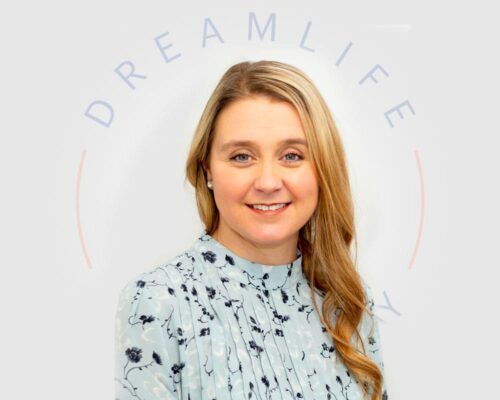CBT can be beneficial for anybody looking to alter their way of thinking and change their behaviors to improve their quality of life. This form of talk therapy can be effective for many different conditions such as depression, anxiety, PTSD, OCD, eating disorders, sexual disorders, schizophrenia, and many others. Many of these conditions can be co-occurring with substance abuse disorders.
If you are willing to put in the effort for your cognitive behavioral therapy sessions, you will experience the benefits. Altering your behaviors and thought patterns can be difficult but will lead to a better life. Cognitive Behavioral therapy and substance abuse treatment go hand in hand, which is why we offer this treatment to every individual seeking addiction recovery at our Cognitive Behavioral Therapy drug rehab.
Cognitive Behavioral Therapy for substance abuse treatment will help you learn to cope with situations and feelings that could put your sobriety in jeopardy. Skills and habits learned will help our clients reshape negative patterns into healthier thoughts and choices. DreamLife Recovery incorporates CBT into individualized treatment plans. CBT for drug and alcohol addiction is combined with other therapies and methods of healing to lead our clients to successful, sober lives. Fill out a form or call our admissions team at 844-402-3592 now to get help for yourself or a loved one struggling with addiction.










